Table of Contents
- My ADHD Journey Through Filipino Stigma
- The Cultural Weight of “Hiya” and “Kapwa”
- Finding Professional Help in a Hesitant Healthcare System
- When Stigma Comes From Within
- Finding Strength in Community
- Reframing ADHD in Filipino Context
- Challenges for Filipino Women with ADHD
- Turning Challenge Into Purpose
- The Journey Toward Increased ADHD Awareness in Filipino Society
- Moving Forward Together
Living with adult ADHD in the Philippines presents unique challenges shaped by cultural stigma, healthcare limitations, and social expectations. My journey through diagnosis and acceptance has illuminated both the obstacles and opportunities for those navigating neurodiversity within Filipino society.
My ADHD Journey Through Filipino Stigma
I was in my late 20s when I finally received my ADHD diagnosis. By then, I’d spent decades internalizing messages that I was lazy, undisciplined, and just not trying hard enough. Growing up in Legazpi City, I heard these critiques from well-meaning teachers, frustrated family members, and eventually, my own inner voice.
My diagnosis wasn’t a sudden revelation but the culmination of a long, often painful journey through Filipino culture’s complicated relationship with mental health. The same culture that prides itself on bayanihan and close family bonds sometimes struggles to make space for neurological differences.
When Your Brain Speaks a Different Language
From childhood, I knew my mind worked differently. While classmates could sit quietly through hours of lectures, my thoughts raced like Mayon during an eruption – beautiful in their energy but impossible to contain. My notebooks were filled with doodles, half-completed notes, and sudden insights on topics entirely unrelated to the lesson.
Teachers saw this as defiance. Family members interpreted it as poor character development. Neither understood that ADHD isn’t about attention deficit – it’s about attention dysregulation. I could hyperfocus for hours on topics that captured my interest, while struggling to maintain focus on others regardless of their importance.
This misunderstanding cuts particularly deep in Filipino culture, where values like discipline (“disiplina”) and respect for authority (“paggalang”) form cornerstones of proper child-rearing. My behavior didn’t align with these expectations, marking me as problematic rather than neurodivergent.
One interaction from high school still haunts me. After repeatedly forgetting to bring a signed form, my teacher announced to the class: “Si Maria, matalino pero tamad.” (Maria is smart but lazy.) The class laughed. I laughed too, though something inside me withered.
That moment crystalized what I’d come to believe about myself – that any potential I had was nullified by some fundamental character flaw I couldn’t overcome.
The Cultural Weight of “Hiya” and “Kapwa”
To understand ADHD stigma in the Philippines requires understanding two fundamental Filipino values: “hiya” (shame) and “kapwa” (shared identity).
Hiya functions as both internal shame and concern for external judgment. When a child’s behavior falls outside social norms – like my fidgeting, interrupting, or forgetting – it reflects poorly not just on them but on their entire family. The pressure to conform becomes immense.
Meanwhile, kapwa emphasizes our interconnectedness and shared identity as Filipinos. While beautiful in many ways, this value can sometimes leave little room for neurodiversity. The unspoken message becomes: to maintain harmony, you must think and behave like everyone else.
My mother once confided, years after my diagnosis, “Iniisip ko noon na kasalanan ko.” (I used to think it was my fault.) She had interpreted my ADHD symptoms as evidence of her failure as a parent – a heavy burden she carried silently for years.
This reaction isn’t unusual. In many Filipino families, a mental health diagnosis isn’t just a medical condition; it becomes a family secret, something to hide rather than address openly. The stigma extends beyond the individual to engulf the entire family unit.
Finding Professional Help in a Hesitant Healthcare System
Seeking professional help for ADHD in the Philippines presents its own challenges. Mental healthcare remains underresourced and often misunderstood, even within the medical community.
When I finally sought diagnosis in my early thirties, I had to travel from Legazpi to Manila to find a psychiatrist experienced with adult ADHD. The financial and logistical barriers alone prevent many Filipinos from receiving proper assessment and treatment.
My first psychiatrist – an older gentleman with decades of experience – dismissed my concerns almost immediately.
“ADHD is for children,” he explained patiently. “Adults grow out of it. You’re just experiencing work stress.”
I left his office feeling simultaneously relieved (nothing was “wrong” with me) and devastated (my struggles remained unexplained and unaddressed). It would take another year and three more mental health professionals before finding someone who recognized adult ADHD patterns in my history and current challenges.
The diagnosis changed everything – not because it fixed my challenges, but because it gave them context and stripped away the moral judgment I’d attached to them.
When Stigma Comes From Within
Perhaps the most insidious form of stigma is the one we internalize. By the time I received my diagnosis, I had spent decades absorbing negative messages about my worth and capabilities.
I had developed what psychologists call “compensatory mechanisms” – elaborate systems to hide my ADHD traits. I kept multiple calendars, set countless alarms, and developed complex organizational systems that often collapsed under their own weight. The mental energy required to maintain these systems left me perpetually exhausted.
Worse, I had become my own harshest critic. Every forgotten appointment, every missed deadline, every impulsive decision reinforced my belief that I was fundamentally flawed. My diagnosis challenged this narrative but didn’t immediately erase it. Even with medical validation, I hesitated to disclose my ADHD to colleagues or clients, fearing they would see it as an excuse rather than an explanation.
In my work as a digital marketing professional, attention to detail is crucial. Would clients trust someone whose brain works differently? Would they understand that my creative problem-solving and ability to make unexpected connections – strengths often associated with ADHD – outweigh occasional oversights?
These questions paralyzed me initially, keeping me silent about a significant aspect of my identity.
Finding Strength in Community
My journey toward self-acceptance accelerated when I discovered online communities of Filipinos with ADHD. Through Facebook groups and later local meetups, I connected with others who understood the unique challenges of navigating ADHD in our cultural context.
One particular conversation stands out. Over coffee in a Makati café, a fellow Filipino with ADHD shared how she had disclosed her diagnosis to her traditional parents.
“I explained it like diabetes,” she said. “It’s not about willpower or character – it’s about my brain needing different management strategies, just like a diabetic needs insulin.”
This simple framing shifted something fundamental in my approach. I began experimenting with more open conversations about my ADHD, starting with close friends, then family, and eventually selective professional contexts. The responses surprised me. While some reacted with dismissal or skepticism (“Isn’t everyone a little ADHD these days?”), most showed genuine curiosity and support. Several confided they suspected similar patterns in themselves or loved ones but hadn’t known how to address them.
Each conversation chipped away at both external and internal stigma.
Reframing ADHD in Filipino Context
Living productively with ADHD in the Philippines requires both personal strategies and cultural navigation. Here’s what has helped me:
- Finding Filipino-specific resources. Western ADHD management advice doesn’t always translate to our cultural context. Local support groups provide strategies that account for extended family dynamics, workplace expectations, and available healthcare options in the Philippines.
- Leveraging cultural strengths. Filipino resilience, adaptability, and community orientation can become powerful tools for ADHD management. I’ve found that the same bayanihan spirit that sometimes enforces conformity can also create strong support systems once people understand what’s needed.
- Selective disclosure. I’ve learned to be strategic about sharing my diagnosis, considering both personal safety and advocacy opportunities. With some individuals, I focus on specific accommodations I need rather than the diagnosis itself.
- Embracing the cultural translator role. When discussing ADHD with older family members, I connect it to concepts they already understand – describing executive function challenges in terms of “isip” (mind) and “disiplina” (discipline), but separating the latter from moral judgment.
- Finding Filipino professionals who understand. Though limited in number, there are psychiatrists and therapists in the Philippines who specialize in adult ADHD. Their cultural competence makes a significant difference in treatment effectiveness.
Challenges for Filipino Women with ADHD
As a Filipino woman with ADHD, I’ve encountered additional layers of expectation and judgment. Women in our society are often expected to be the organized caretakers, the ones who remember birthdays, manage household schedules, and maintain family harmony.
When ADHD impairs these traditionally feminine responsibilities, the criticism can be particularly harsh. Filipino women with ADHD often face double discrimination – both for their neurodivergence and for failing to meet gendered expectations.
Yet I’ve also witnessed remarkable resilience among Filipino women with ADHD. Our cultural emphasis on pakikisama (getting along with others) has given many of us advanced social observation skills that help compensate for executive function challenges.
Turning Challenge Into Purpose
My ADHD has shaped my approach to content marketing and SEO in unexpected ways. The same pattern-recognition that makes my attention jump from topic to topic allows me to see connections between seemingly unrelated concepts – a valuable skill in digital strategy.
My content often resonates because I naturally think in non-linear ways, considering perspectives others might miss. This cognitive difference becomes an advantage when developing content that needs to stand out in crowded digital spaces.
Most importantly, my experience with ADHD and stigma has deepened my commitment to authentic communication. In my work with clients, I emphasize human-centered marketing approaches that respect audience diversity – including neurodiversity. Each time I share my story, whether through casual conversation or content like this, I help normalize ADHD in Filipino consciousness. The relief in someone’s eyes when they finally see their experiences reflected is worth any vulnerability disclosure requires.
The Journey Toward Increased ADHD Awareness in Filipino Society
Living with ADHD in the Philippines remains challenging. Our healthcare system still has significant gaps in ADHD treatment options. Cultural stigma hasn’t disappeared overnight. And I still have days when executive function challenges leave me struggling with basic tasks.
But the landscape is changing. Younger Filipinos speak more openly about mental health. More healthcare professionals are gaining expertise in adult ADHD. Social media has created spaces for community building that weren’t possible a generation ago.
My own journey continues as well. I’m learning to work with my brain rather than against it – embracing its strengths while developing systems for its challenges. I’m becoming more vocal about ADHD awareness while respecting individual readiness for these conversations.
Creating Inclusivity for ADHD in Filipino Communities
True inclusivity for ADHD requires changes at multiple levels – from educational institutions to workplaces to family dynamics. We need environments that accommodate different cognitive styles without diminishing expectations or opportunities.
In schools, this might mean allowing movement breaks, providing multiple ways to demonstrate knowledge, or teaching executive function skills alongside academic content. In workplaces, it could involve flexible deadlines, distraction-minimized environments, or task-based rather than time-based productivity measures.
Within families, inclusivity starts with education and compassion – understanding that ADHD behaviors aren’t willful defiance but neurological differences requiring accommodation rather than punishment.
Moving Forward Together
If you’re a Filipino with ADHD reading this, please know you’re not alone. Your challenges aren’t character flaws but neurological differences. Your worth isn’t determined by your productivity or ability to conform to neurotypical expectations.
And if you’re someone trying to understand a loved one with ADHD, your willingness to learn already breaks the cycle of stigma. The simple act of accepting our differences without judgment creates space for genuine connection.
My ADHD isn’t something to overcome or hide – it’s intrinsic to how I experience and contribute to the world. In embracing this truth, I’ve found not just acceptance but purpose. That’s a journey worth taking, however winding the path.
Key Takeaways:
- Cultural values like “hiya” and “kapwa” often intensify the stigma surrounding adult ADHD in the Philippines.
- Finding specialized mental healthcare professionals requires persistence and often travel to major cities.
- Building community support is essential for overcoming internalized shame and finding acceptance.

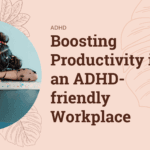

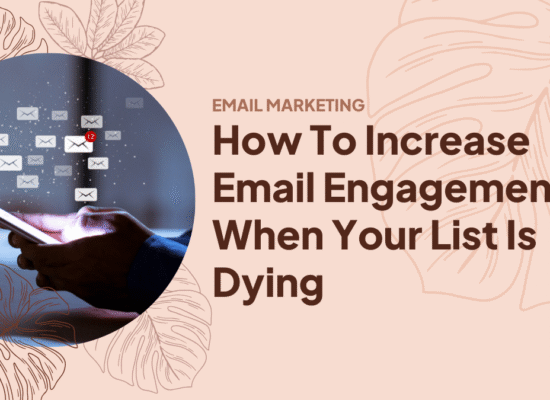
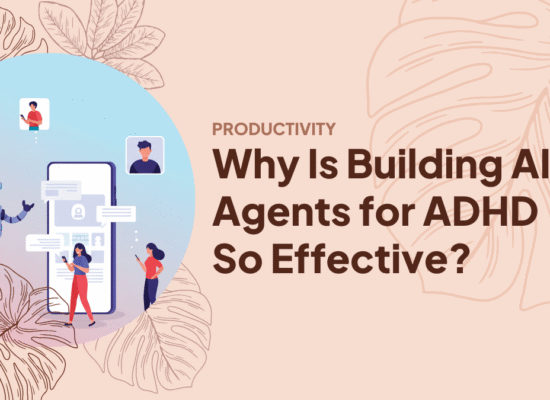
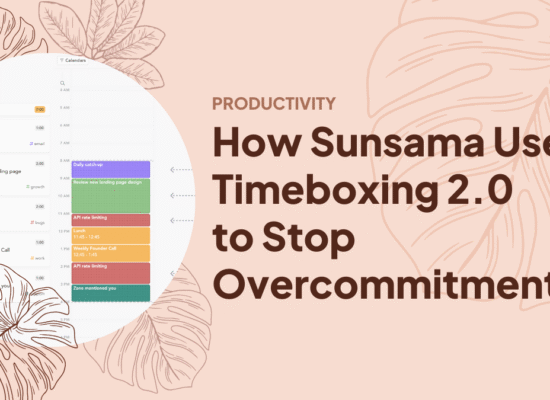
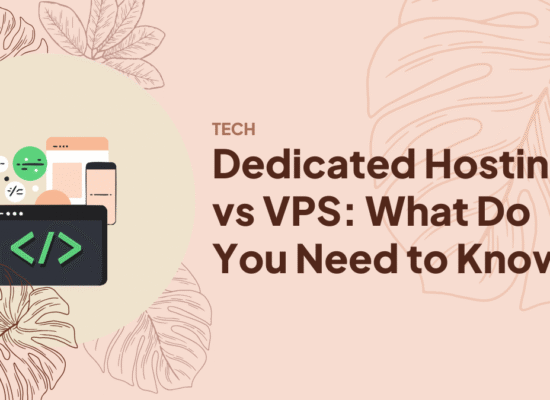
No Comment! Be the first one.